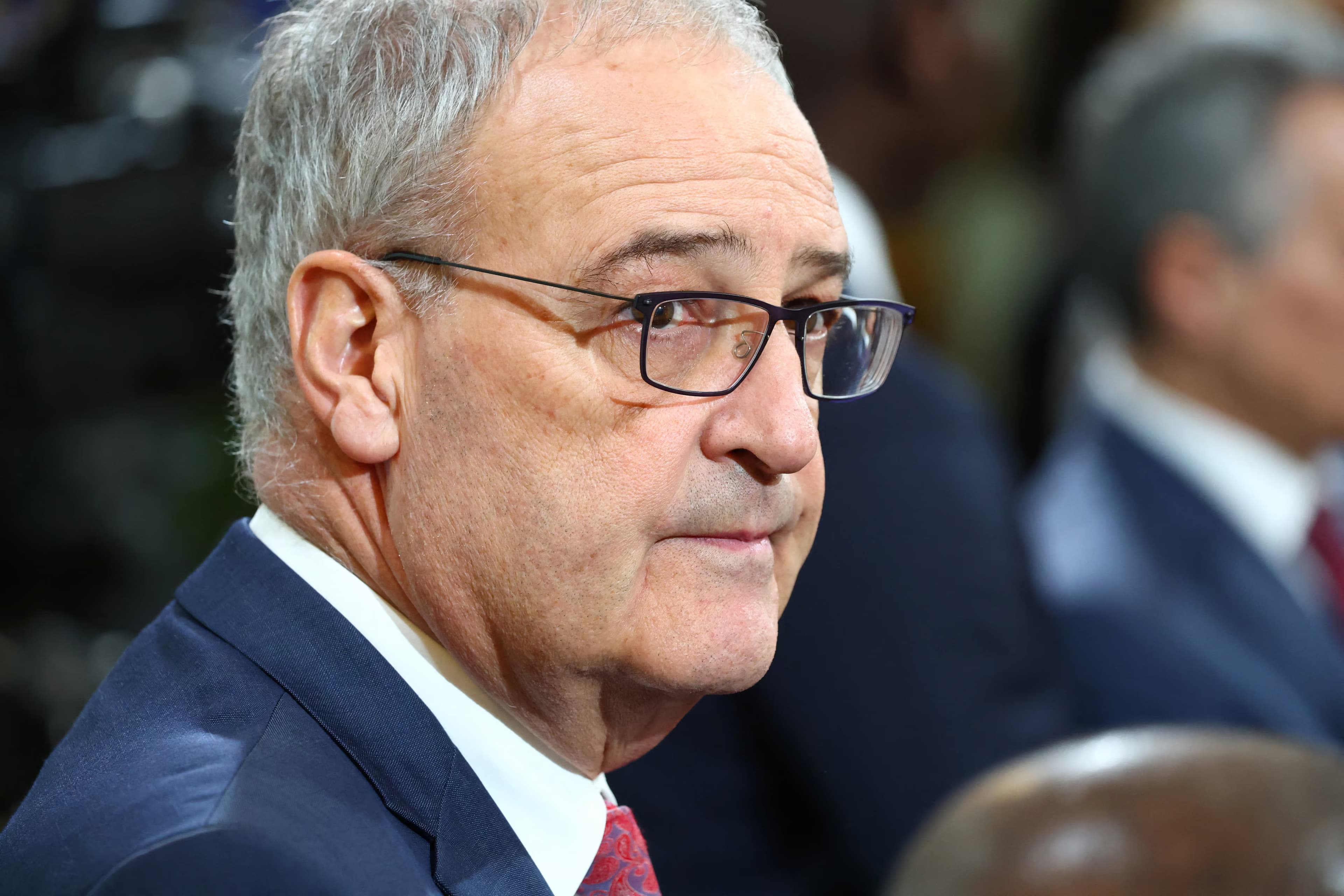We're loading the full news article for you. This includes the article content, images, author information, and related articles.
A high-stakes corporate charm offensive is underway as Switzerland seeks relief from steep US tariffs, a move being closely watched in Kenya for its potential impact on global trade dynamics and relations with a key European partner.

Top executives from some of Switzerland's most iconic companies have taken a direct role in negotiations with Washington, aiming to slash a crippling 39% tariff imposed on Swiss goods by the administration of U.S. President Donald Trump. The delegation, including leaders from watchmaker Rolex, luxury goods conglomerate Richemont, and precious metals refiner MKS, met with President Trump in early November 2025, employing a strategy of direct corporate diplomacy after initial government-led efforts stalled.
The 39% tariff, which took effect on August 7, 2025, is among the highest rates the U.S. has levied on any developed economy and was a significant escalation from a previously threatened 31%. The move shocked Swiss political and business circles, prompting an urgent reassessment of their trade strategy. Swiss Finance Minister Karin Keller-Sutter, who had previously engaged President Trump on the matter, acknowledged that the final decision on any tariff reduction rests with the U.S. president.
The tariffs were imposed in response to the significant U.S. goods trade deficit with Switzerland, which stood at $38.3 billion in 2024. President Trump has repeatedly cited this figure as a key justification for the high tariff rate. The tariffs affect core components of Swiss exports, including precision instruments, machinery, watches, and specialty foods, jeopardizing a significant portion of the nation's export-driven economy. The Swiss State Secretariat for Economic Affairs (SECO) estimated that about 10% of all Swiss exports would be impacted, with the watch and tech industries expected to suffer the most. Notably, pharmaceutical products and gold are currently exempt from the tariffs.
In response, the Swiss business delegation has reportedly pitched billions of dollars in new U.S. investments, including in energy and gold refining capacity, to help address the trade imbalance. This private-sector-led initiative appears to be gaining traction, with recent reports suggesting that a deal to lower the tariff to 15%—the same rate applied to the European Union—could be reached within weeks. A senior Trump administration official described the ongoing talks on Thursday, November 13, 2025, as "very positive" and "very focused."
The corporate charm offensive included symbolic gestures, with the Swiss executives presenting President Trump with gifts, reportedly including a Rolex clock and a specially engraved gold bar. This unconventional approach underscores the high stakes for the Swiss economy, which relies heavily on its export sector. The potential economic damage is significant, with one estimate predicting that Swiss companies could lose $9.5 billion in turnover. The Swiss government has indicated it wants to extend support measures, like short-time work, which were utilized during the COVID-19 pandemic, to mitigate the impact on the estimated 100,000 employees directly affected.
While the direct impact of the U.S.-Swiss trade dispute on Kenya is not immediate, the situation holds significant relevance for the region. Switzerland is an important economic partner for Kenya. In 2023, the trade volume between the two countries was CHF 156 million (approximately KES 22.8 billion). Kenya's main exports to Switzerland are agricultural products, primarily cut flowers, coffee, and tea. In 2023, Kenya exported $82 million worth of goods to Switzerland.
Approximately 50 to 70 Swiss companies operate in Kenya, including major multinationals like Nestlé, Roche, Novartis, and LafargeHolcim (owner of Bamburi Cement), creating thousands of jobs. The Swiss government's Sub-Saharan Africa Strategy for 2021–2024 identifies Kenya as a 'lion economy' with significant economic potential, aiming to intensify investment and trade.
A prolonged trade dispute that harms the Swiss economy could have indirect consequences for its investment and trade relationships in East Africa. A downturn in the Swiss market could affect demand for Kenyan exports. Furthermore, global trade tensions, such as those exemplified by the U.S. tariffs, can disrupt supply chains and create economic uncertainty that affects developing economies. The East African Community (EAC) has already seen a decline in exports to key markets, including Switzerland, contributing to a recent trade deficit in the second quarter of 2025. Therefore, the outcome of the negotiations in Washington is being monitored as an indicator of the broader health of the global, rules-based trading system upon which Kenya's export-oriented sectors depend.
Keep the conversation in one place—threads here stay linked to the story and in the forums.
Sign in to start a discussion
Start a conversation about this story and keep it linked here.
Other hot threads
E-sports and Gaming Community in Kenya
Active 9 months ago
The Role of Technology in Modern Agriculture (AgriTech)
Active 9 months ago
Popular Recreational Activities Across Counties
Active 9 months ago
Investing in Youth Sports Development Programs
Active 9 months ago